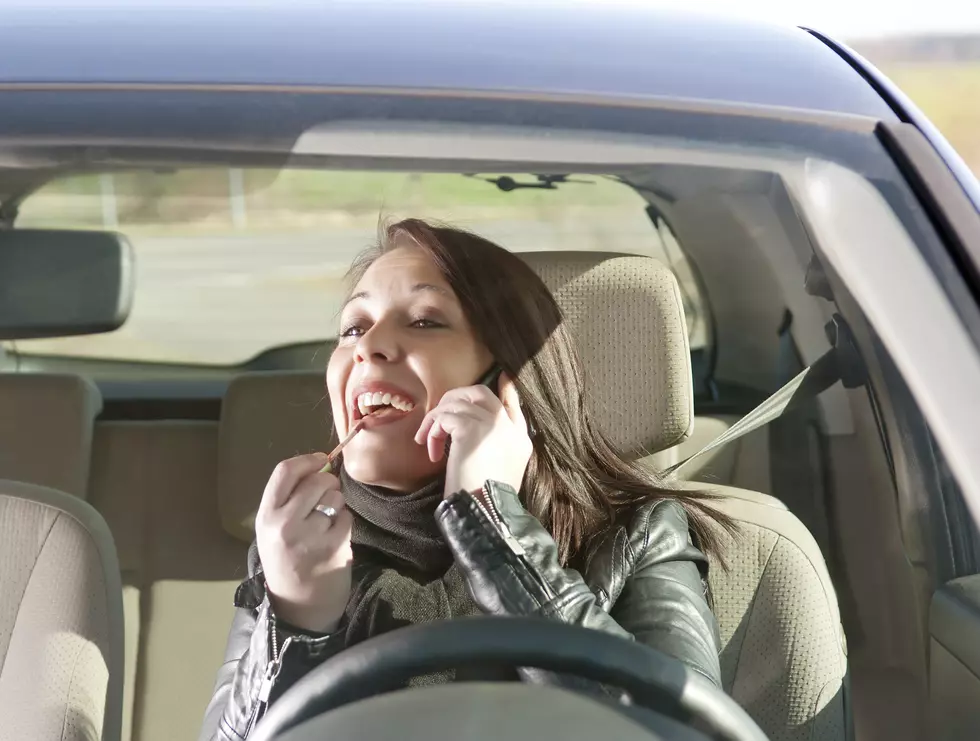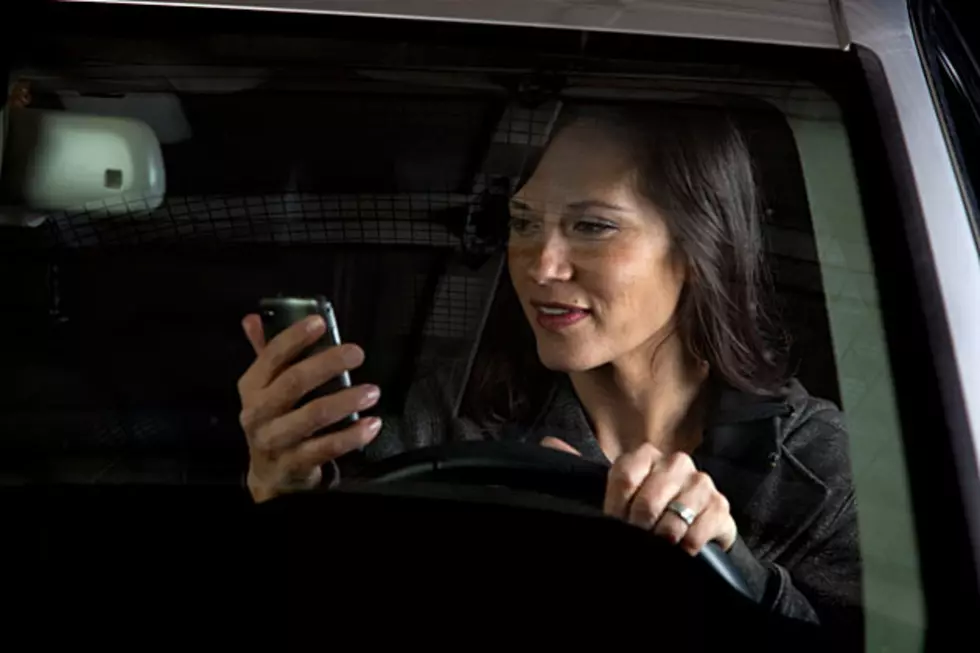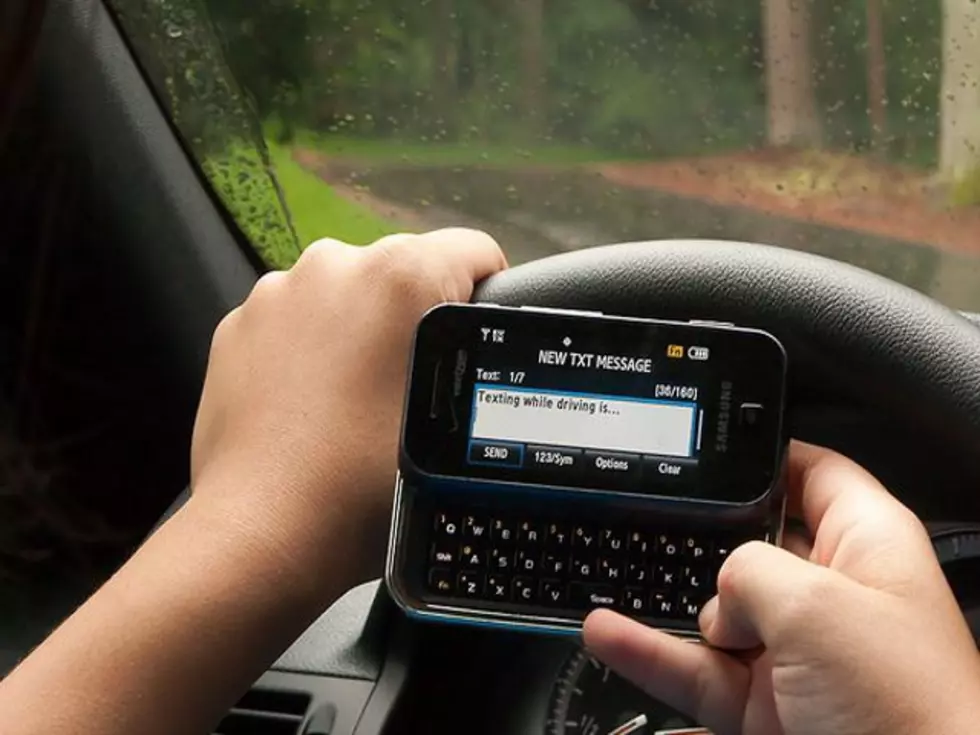
Advocacy Groups Looking to Strengthen Driving Distraction Laws
On November 1st, 2015, the Oklahoma State Legislature made the state one of the last in the nation to pass a texting and driving moratorium when the Legislature passed a measure last year. Only two states, Arizona and Montana lack similar bans. But now, several advocacy groups are saying the laws signed into law by Governor Mary Fallin don't go far enough to prevent distracted driving.
Among the groups looking to strengthen bans already in place are law enforcement officers, national highway safety advocacy groups and even cellphone providers, all groups who believe bans like Oklahoma's are hard to understand, harder to patrol and don't go far enough to keep the roads safe.
Under Oklahoma's current law, operating a "motor vehicle on any street or highway while using a hand-held electronic communication device to manually compose, send or read an electronic text message while the vehicle is in motion" is illegal. The law also prohibits using instant messaging, photo, video and email on a device while behind the wheel. While the law does not specifically mention restrictions to placing or receiving phone calls, if law enforcement feels a driver is effected by phone conversation, they can issue citations under laws that prohibit "distracted driving".
But many supporters of stricter bans now say they have not noticed a changed in driver's behavior since the law was enacted. One of the matters that opponents want address is the use of voice to text messaging. In fact, there is no difference in the level of safety between texting while driving and using voice-to-text. In a Texas A&M Transportation Institute study, it was found that drivers using Siri for iPhones and Vlingo for Android as voice-to-text applications who drove a closed course were no safer using the voice technology than they were when texting manually.
The reason is because the danger is in the level of distraction, not the activity, itself. Formulating and dictating a message requires just as much concentration as actually typing one. The study found that the amount of time that drivers spent watching the road was less while texting, whether it was manual texting or voice messaging. A driver’s reaction time was about twice as slow when texting, regardless of whether it was manual or voice, as when not texting. In addition, if you expect to “fire off a quick text” while driving, you are deceiving yourself. Drivers in the study generally took longer to complete a voice-to-text than a manual text, which means that their distracted driving time was in fact longer.
Many organizations, including the Governor's Highway Safety Association are calling for a complete ban on the use of hand held devices while texting. Fourteen states currently have complete bans in place.
Opponents challenged proposed texting bans for years, saying such prohibitions would be redundant, since Oklahoma already has a distracted driving law. However, a tragic accident involving two Oklahoma Highway Patrol troopers earlier this year helped boost legislative support.
The measure is named for Oklahoma Highway Patrol troopers Nicholas Dees and Keith Burch, who were struck by a vehicle Jan. 31, 2015 while investigating an accident on Interstate 40 in Seminole County. Dees died at the scene, and Burch was seriously injured. The driver of the vehicle was reportedly updating a social media page at the time of the accident.
source: Lawton Constitution
More From 1073 Popcrush



![Mom Crashes Car While Filming Children in Back Seat [VIDEO]](http://townsquare.media/site/127/files/2015/01/KidsInCar.png?w=980&q=75)






